Taking a Second Look at Self-Publishing
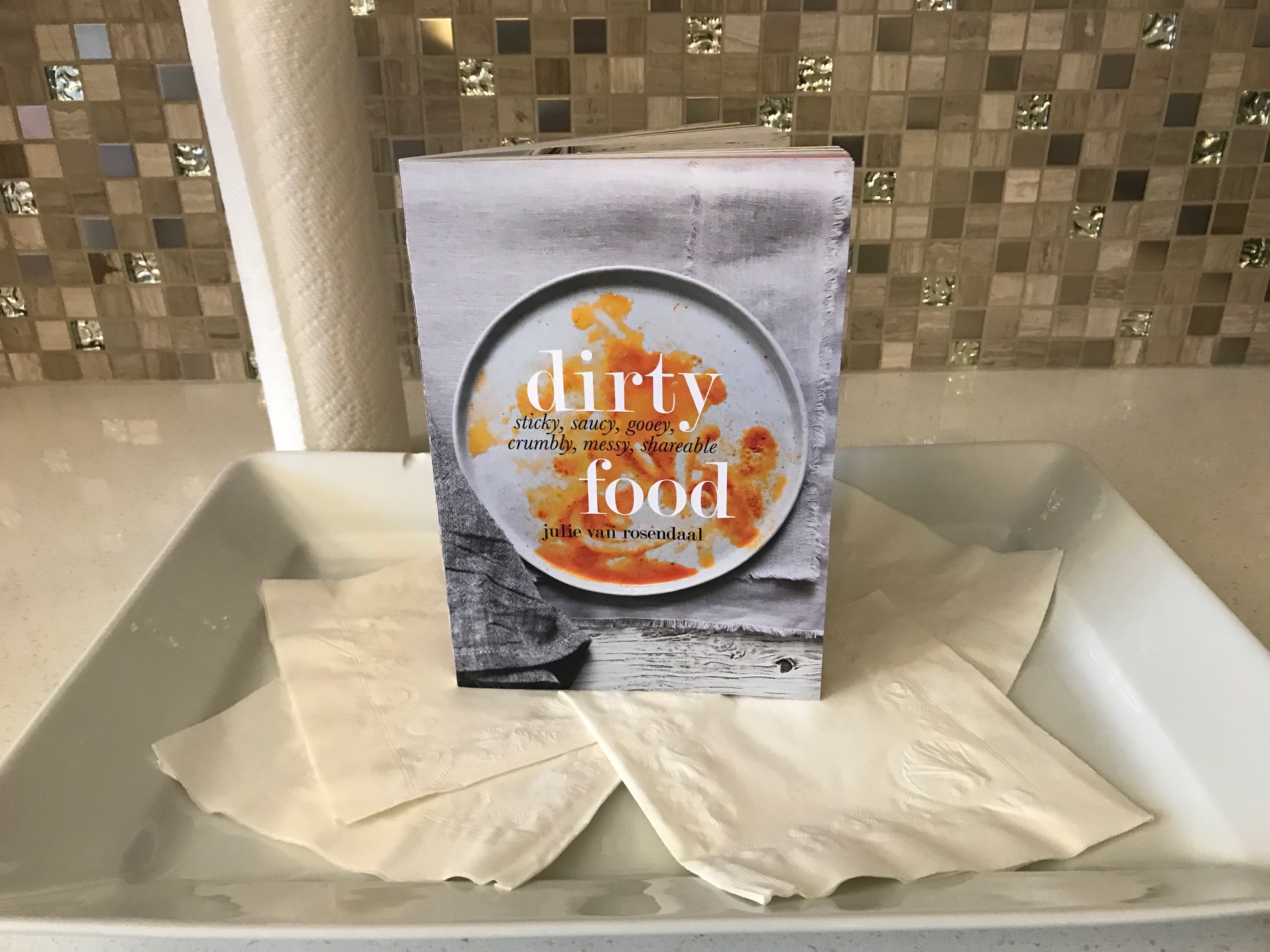
Earlier this week I had the pleasure of hearing cookbook author and food writer Julie Van Rosendaal speak about a plate full of things including our relationship with food, book distribution, clean eating, cookbook production, and self-publishing. All the things she spoke about interested me because I cook almost exclusively out of cookbooks, and I’ve worked in and around book publishing for my entire career, so I listened intently for her entire talk. But the most interesting take-away from her event was her decision to self-publish her latest cookbook Dirty Food. In the past, my review policy stated I do not accept self-published books for review*. Generally, I considered traditionally published books as the ‘gold-standard’ for authors to aspire to, but after hearing Julie speak, and seeing how wonderful her new book looks, I’m beginning to seriously re-consider that bias of mine. Perhaps it’s the awareness that Julie published exactly what she wanted to, but I couldn’t help but feel that she was speaking directly to me, the reader, in the introduction. Removing the barrier of a publisher as ‘gatekeeper’, books can feel more intimate and pointed, bringing the author and reader even closer than before.
Julie gives a thorough and convincing argument as to why she actively chose to self-publish this latest book in this column for the Globe and Mail, and given the success of self-published cookbooks alone (hello Looneyspoons!) one can hardly question her decision. But what about fiction writers? Will self-publishing your work of fiction be doing it any favours or is the traditional publishing house still the ideal? When it comes to fiction, I believe the work of a strong substantive/structural editor who is NOT paid by the author is still the most valuable. Because the editor works for the publisher and their goal is to sell the most books, their work should be making the book as best as possible, and are held to the standards of the publishing house rather than a specific client. Again, I know my bias is peeking through here, but I can’t see myself changing that opinion anytime soon. I’d like to hear your thoughts on this though, so please do comment and tell me I’m completely wrong!
In most cases, people who are offered a publishing deal will still take it, especially if they are relatively unknown or at the beginning of their writing career, but for established writers like Julie, self-publishing offers the creative freedom to truly print what you want, how you want it. The unique spine of her book is the perfect example of this:

Ashamedly, I cannot recall the name for this type of binding (tell me in the comments if you know the proper title for it), but it allows the book to lay-flat on the counter top when it’s open to each page which is obviously ideal for this genre. There are so many wonderful cookbooks out there, hundreds if not thousands being published each year, and yet, so few of them are as well-designed as this one. What’s the point of a beautiful hardcover cookbook if the ****ing thing won’t stay open while you’re trying to cook from it? But most traditional publishers wouldn’t approve this spine in the final design stages because a) it looks unfinished and b) it doesn’t look nice on a spine-out bookshelf display in a bookstore. However, for anyone who actually USES their cookbook, that doesn’t matter, so clearly Julie knows and understands her audience. For authors who have a clear grasp of who their readers are, I’ve come to the conclusion that self-publishing may be a better avenue for them. On another note, a traditional publisher most likely wouldn’t allow that cheeky back cover author photo to make it past the last stages of production either. Personally, I love it, and author photos seem to be getting worse and worse these days, but that’s a rant for another time…
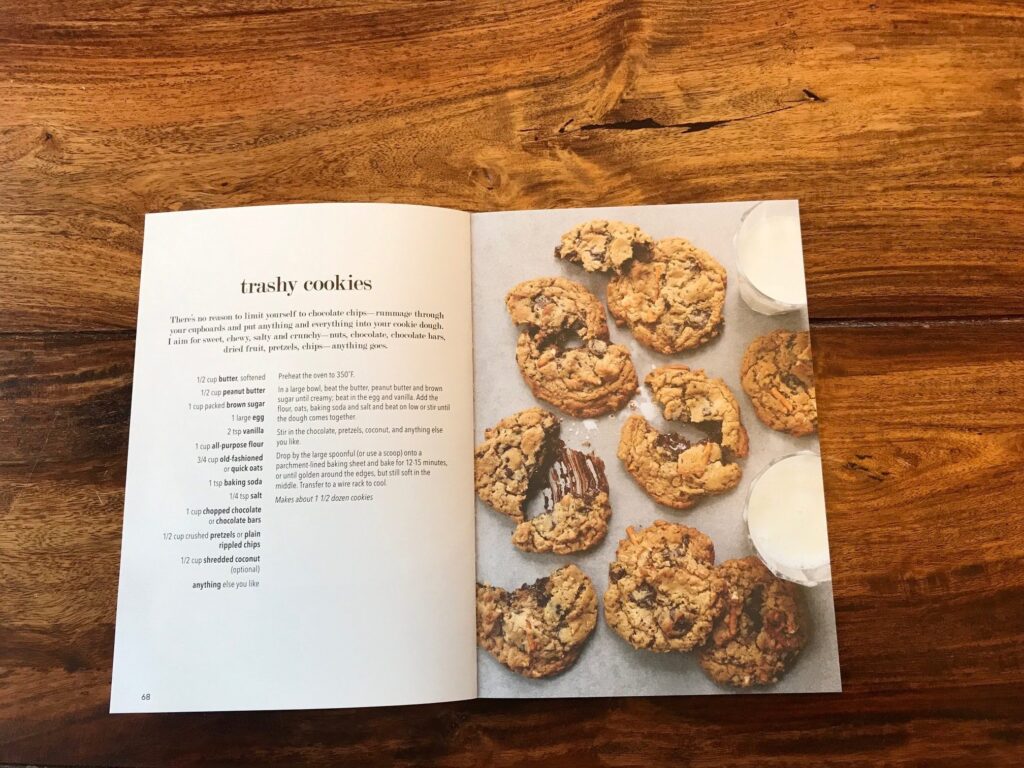
Now I’ll admit I haven’t actually tested any of the recipes in this particular book yet, but I’ve followed many a Julie Van Rosendaal recipe in my time, and they were ALL a hit, especially with my kids. This chocolate marshmallow pie is one of my all-time favourites! I love her recipes because they are easy to follow and always turn out right, much like my cookbook idols The Best of Bridge Ladies (who Julie has also cooked with and written for!). Because of my cooking history with her recipes I will confidently recommend this book, and I plan on making some dishes from it soon-I’ll post the results on my twitter, instagram, and facebook page as proof!
So, has Julie’s talk spurred me into accepting self-published books for review now? Yes, and I’ve updated my review policy to reflect that*. I’m not entirely convinced fiction is best suited to self-publishing, but I’ve certainly had my mind opened to the possibilities for non-fiction. Clearly I need to re-think my past assumption that self-published books are ‘less’ than traditionally published, and if cookbooks are my gateway drug into embracing this new era of publishing, so be it.
*To be absolutely clear, I’m not currently accepting any unsolicited books for review, please don’t send me any queries or pitches, my bookshelves are bursting!

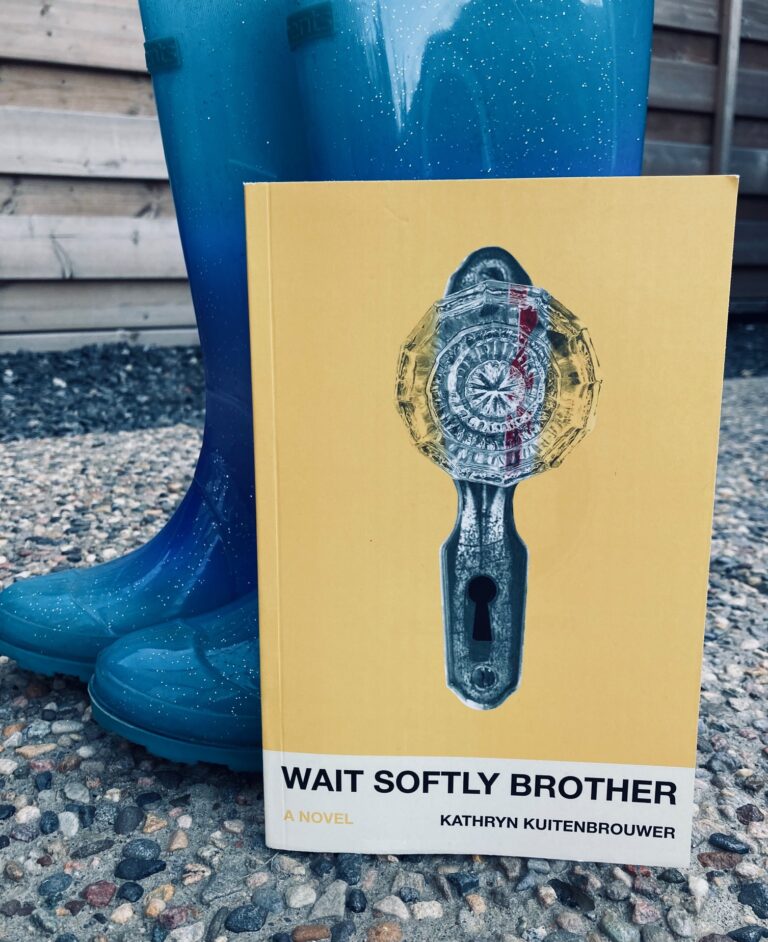
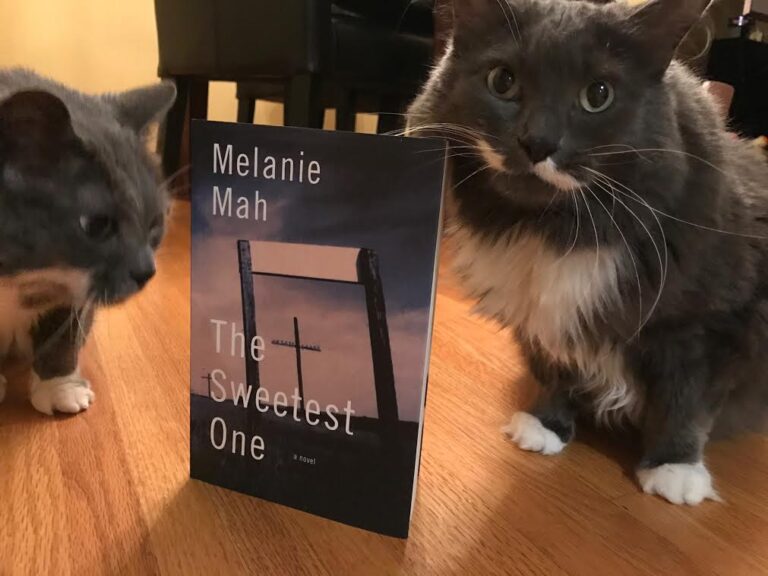
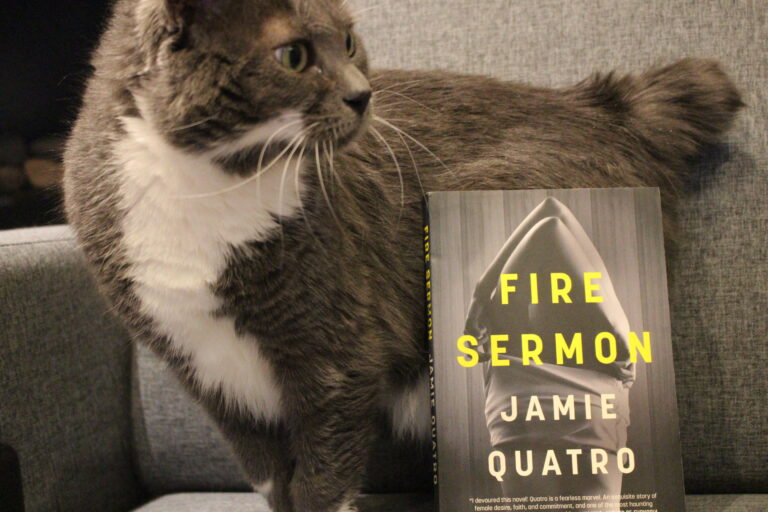
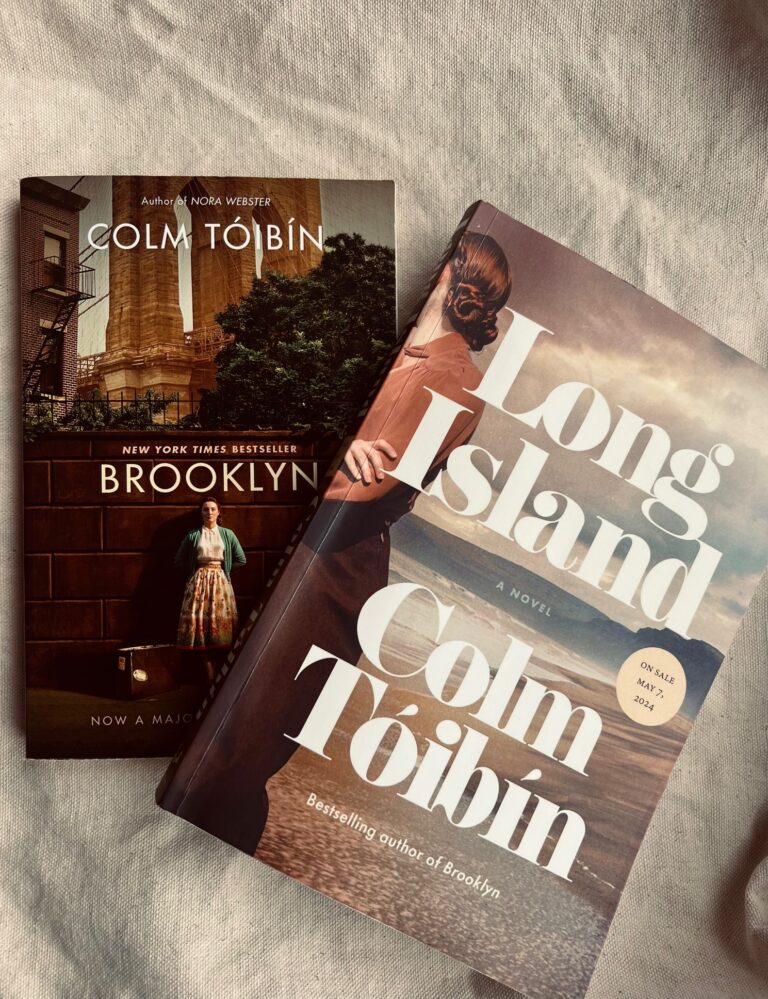
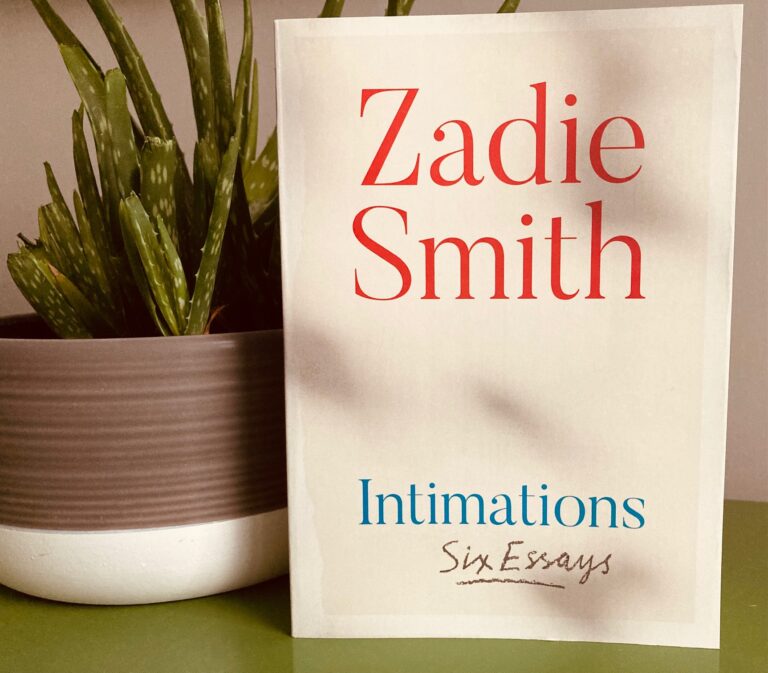
I used to accept self-published books with the caveat that I read 20 pages first and make a decision before fully accepting the book. If the author can only send me a PDF, I’m out. I mean, you have to take yourself more seriously than Adobe. I know there is a lot of work being done with sensitivity readers, beta readers, hiring your own editor (though I admit I’d never thought about the conflict of an author hiring her own editor). Also, famous books like Zen and the Art of Motorcycle Maintenance, which has sold millions of copies, was rejected 120 times before being published. I can see how authors are tired of waiting for a publishing house to figure out whether their book will be a money maker. That makes me think of something else: I know authors will ask themselves if the goal is money or readers. You can get readers faster self-publishing. These days, authors self-publish and become successful and then are picked up by publishers. Think The Martian and Fifty Shades of Gray. So, I don’t know. I think we can give self-published authors an excerpt worth of time and go from there. I recently discovered S.M. Reine, who complete self-publishes and has fantastic books that are loads of fun.
I totally agree Melanie! I don’t accept PDFs, ya gotta draw the line somewhere :)
I read that article in the Globe, and agree it makes sense. I love the design! Would it be available in bookstores? You are my trusted source for cookbook reviews so I wanna get this now 😁
And agree about fiction… with a couple exceptions of course. Thomas Wharton for example. He also wrote about his decision to self publish Every Blade of Grass and its it’s a great book.
And I suspect I may sway from my hard fiction line eventually-self publishing is getting better and better!!!
her cookbook is available in all the bookstores here in Calgary, it’s also on indigo. I think you (and your kids!) will like it :)
https://www.chapters.indigo.ca/en-ca/books/dirty-food-sticky-saucy-gooey/9780968756324-item.html?ikwid=Dirty+Food&ikwsec=Home&ikwidx=0
I don’t accept self-published books for review but it’s not totally because I think they’re necessarily worse than traditionally published (though most of them are!). It’s mainly because I used to get inundated with requests – too many to deal with, and often for books I’d never choose – fantasy, erotica, self-help, cowboy books, etc. I understand the drive of self-published authors to market, but sadly many of them don’t do their research and then cross the line into pestering. I’d get grumpy emails demanding responses to earlier emails I hadn’t replied to, and if I turned a book down with politely-worded constructive advice as to why (for example, pointing out that there were twelve grammatical errors in the first paragraph and suggesting the author have a professional edit done), I’d get rude emails back telling me, in effect, that I must be an idiot not to recognise the author’s innate genius. And heaven forbid that a reviewer give a negative review – I’ve had total abuse and even what amounted to threats from several authors, often using fake names. So sadly, although there are good self-published books out there if you can find them, I’ll stick to dealing with professional publishers that I can trust not to harass, bully or threaten… And despite saying clearly on my blog, Goodreads and Amazon that I don’t respond to requests from self-published authors, still they come… *sighs*
I know what you mean FF, it always astounds me how few people look at a review policy. I have literally ran webinars for authors on how to approach book bloggers, and I don’t even bother responding to emails that pitch me books from people other than publishers b/c they haven’t bothered to read my review policy, so why should I bother responding?
I love hearing your thoughts on this. I’ve seen some really beautifully-made and thoughtful self-published work but mostly they are…not. There’s such a wide variety in what being self-published can mean. Like you, I think the lack of an outside editor is the thing that hurts self-published authors most. I’m even skeptical of situations where the author is the head of a publishing company that produces their work.
I’ve seen this cookbook in my local store and my first though was that it was missing its cover! But when it was explained to me I thought the binding was brilliant! I cook mostly from cookbooks too and I hate having to hold open pages with pots or bowls or something.
I really do not understand cookbooks that lay flat, they are so annoying to me!!! I miss the spiral bound haha
I know, but the bookseller in me says spines are important!
haha fair enough, that perspective makes sense :)
I LOLed when I got to the end of your post and saw that, even though you had actually been convinced, along the way, to do a 180 on your review policy, it didn’t actually matter, because you are not taking any review copies anyhow. :D
This binding makes me think of the 80s/90s Company’s Coming series of spiral-bound cookbooks. They looked terrible on the bookshelf in the store I was working in, but they were super popular and at least they had different colours of coil bindings, so you could tell which was which on the shelf (the older women in my family loved them). This makes me wonder, though, whether these kinds of bindings require a petrochemical element in their production, whereas I have the idea (perhaps wrongly) that traditional bindings could just be recycled with the book, if necessary?
Hmmm good question! Apparently spiral bindings are also really difficult to keep intact during shipping, they break all the time etc. which is why they aren’t used much anymore. Company’s coming is from Alberta, it’s one of the top-selling cookbooks in Canada :) I love the history of recipes and stuff too.